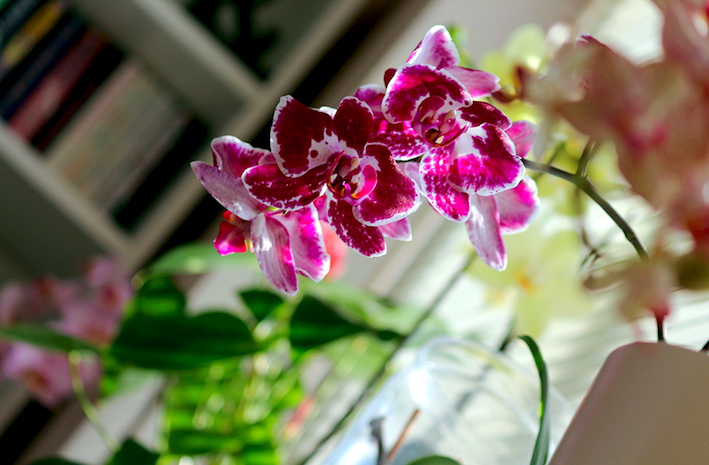In recognition of World Mental Health Day 2021, we asked academics from our Department of Organizational Psychology to share practical advice for mental wellbeing as people make the transition back to the workplace.
If there is one thing that is certain well into the second year of the COVID-19 pandemic, it’s that certainty is no more.
Looking back to Spring 2020, when the UK imposed its first lockdown, there was a clear message for workers: work from home if you can, otherwise continue to go to work.
Now, the situation is rather less clear-cut, and the uncertainty surrounding how organisations and individuals will return (or not) to former ways of working can be a source of considerable anxiety and stress.
As World Mental Health Day 2021 approaches on Sunday 10 October, we spoke to Dr Kevin Teoh and Dr Jo Yarker from our Department of Organizational Psychology to learn more about how we can look after our mental health as we navigate this period of transition.
Why is this a particularly difficult time for people’s mental health?
“What the research has shown is that people are really depleted,” explains Dr Jo Yarker, Reader in Occupational Psychology. “All of these extra demands have been on us in terms of home demands, working in different ways and having to think about the way we do things that we used to take for granted. This has taken up a lot of energy, so many people are going back into this transition from a depleted state. We also haven’t had holidays and the opportunity to restore in the same way.”
For Dr Kevin Teoh, Senior Lecturer in Organisational Psychology, it is difficult for individuals to take care of the ‘ABC’s of mental wellbeing in the current climate: “As individuals, we need autonomy, belonging and competence to support out mental wellbeing,” he explains. “In other words, we need freedom and control over how we do things, the chance to connect with other people and to feel like we can get things done. Everything that’s going on in the world right now is hitting these areas; we’ve lost a lot of freedom, we aren’t connecting with each other physically and some people who have been made redundant or were on furlough may be asking if they can get through this. A lot of workers will be struggling to meet at least one or two of these needs right now.”
What can employers do to support positive mental health in the transition back to work?
For both Kevin and Jo, mental health at work is a collective responsibility. As Jo explains, “Often employers have been going through the same challenges as their workers, but they’ve had to put a brave face on it and pretend they know what to do. So that’s really hard.”
Jo recommends using an IGLOO model, where Individuals, the Group around them, Leaders, the Organisation and Our wider society take shared responsibility for mental health support. “It needs to be the whole system working and communicating together so there’s a shared understanding and shared expectation”, she explains.
Kevin encourages employers to think about how they can support individuals’ autonomy, belonging and competence: “Employers could facilitate a conversation to find out what their teams and individual employees want and involve them in the process. There also needs to be opportunities for employees to connect, be that formally via a mentoring process or more informally. As for competence, what resources and training do employees need to work remotely or return to the office, and how can they be supported to continue to develop?”
What can individuals do to take care of their mental health?
Individuals alone might not be able to shift company policy, but Jo and Kevin are keen to point out that, regardless of your work environment, there are things we can do to take care of ourselves.
“Ask yourself whether you are looking after yourself – are you putting boundaries in place? Are you investing time in your social networks? Are you receiving feedback from somebody at work?” says Jo. “Identify the gaps in your armoury of support and take steps to build them or find out how you could get support from work to build them.”
In addition, supporting mental health at work does not need to begin and end at work, as Kevin explains: “We can be purposeful in how we manage our mental health, so I might gain control over how much I exercise or how much news I consume. I could call a friend to feel a sense of belonging and take up a new skill like learning a language or musical instrument to feel more competent.
“We have to recognise that there are lots of things that we cannot control, but rather than be swept away with that, what’s one thing that I could do today, or this week, that would be a step towards more positive mental health?”
The Department of Organizational Psychology has published more detailed guidance on managing our wellbeing in the context of the COVID-19 pandemic. Read the guide online.


